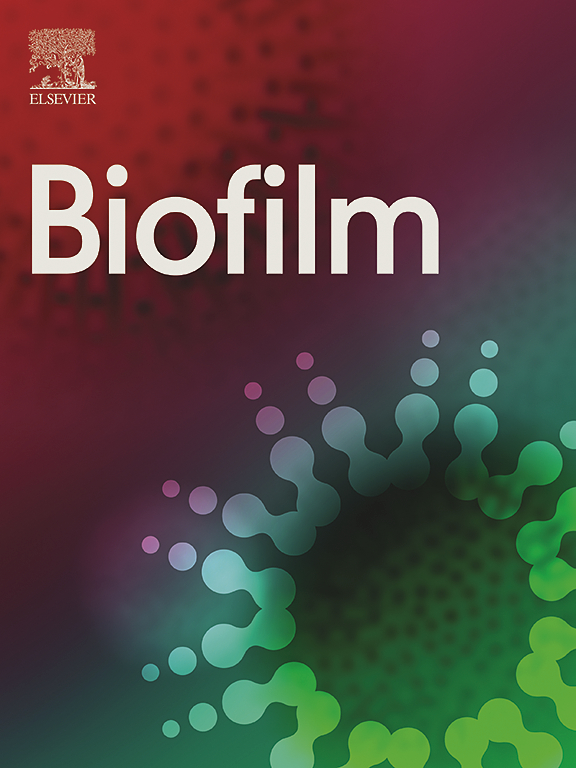There is a growing interest in using sweeteners for taste improvement in the food and drink industry. Sweeteners were found to regulate the formation or dispersal of structural components of microbial biofilms. Dietary sugars may enhance biofilm formation and facilitate the development of antimicrobial resistance, which has become a major health issue worldwide. In contrast, bulk and non-nutritive sweeteners are also beneficial for managing microbial infections. This review discusses the clinical significance of oral biofilms formed upon the administration of nutritive and non-nutritive sweeteners. The underlying mechanism of action of sweeteners in the regulation of mono- or poly-microbial biofilm formation and destruction is comprehensively discussed. Bulk and non-nutritive sweeteners have also been used in conjunction with antimicrobial substances to reduce microbial biofilm formation. Formulations with bulk and non-nutritive sweeteners have been demonstrated to be particularly efficient in this regard. Finally, future perspectives with respect to advancing our understanding of mechanisms underlying biofilm regulation activities of sweeteners are presented as well. Several alternative strategies for the application of bulk sweeteners and non-nutritive sweeteners have been employed to control the biofilm-forming microbial pathogens. Gaining insight into the underlying mechanisms responsible for enhancing or inhibiting biofilm formation and virulence properties by both mono- and poly-microbial species in the presence of the sweetener is crucial for developing a therapeutic agent to manage microbial infections.


